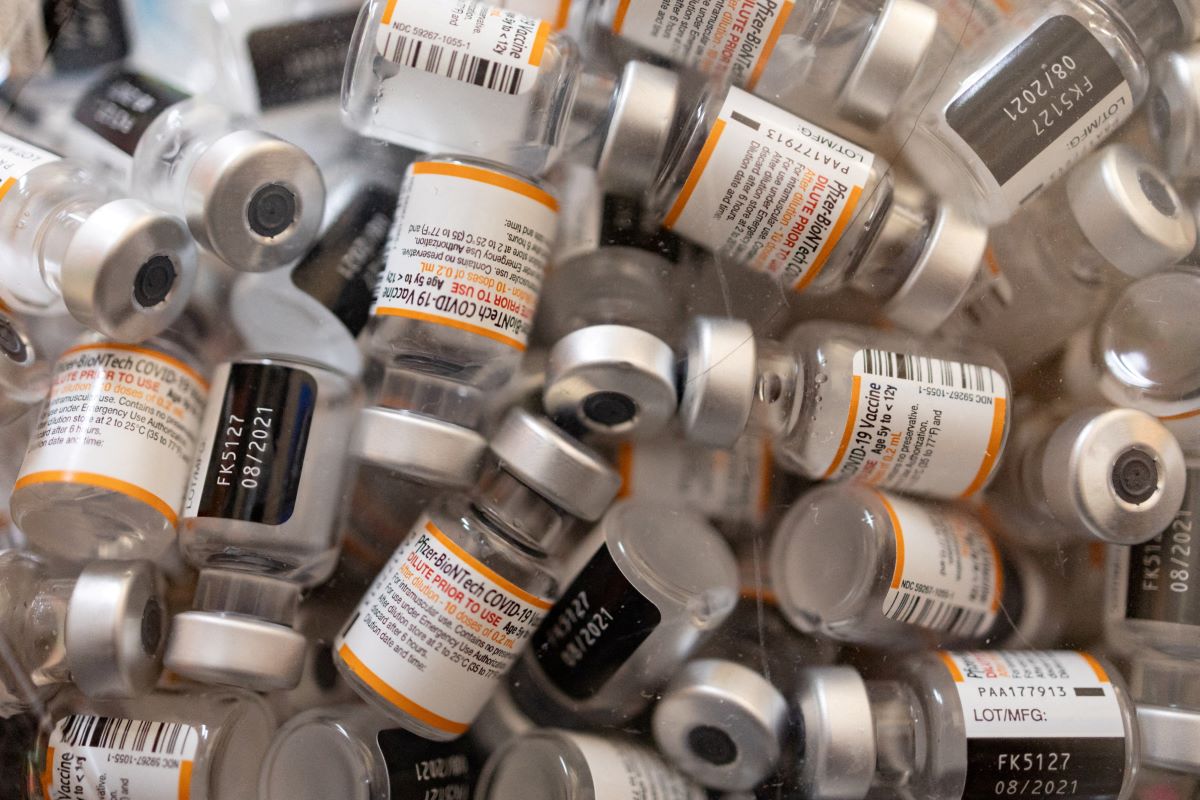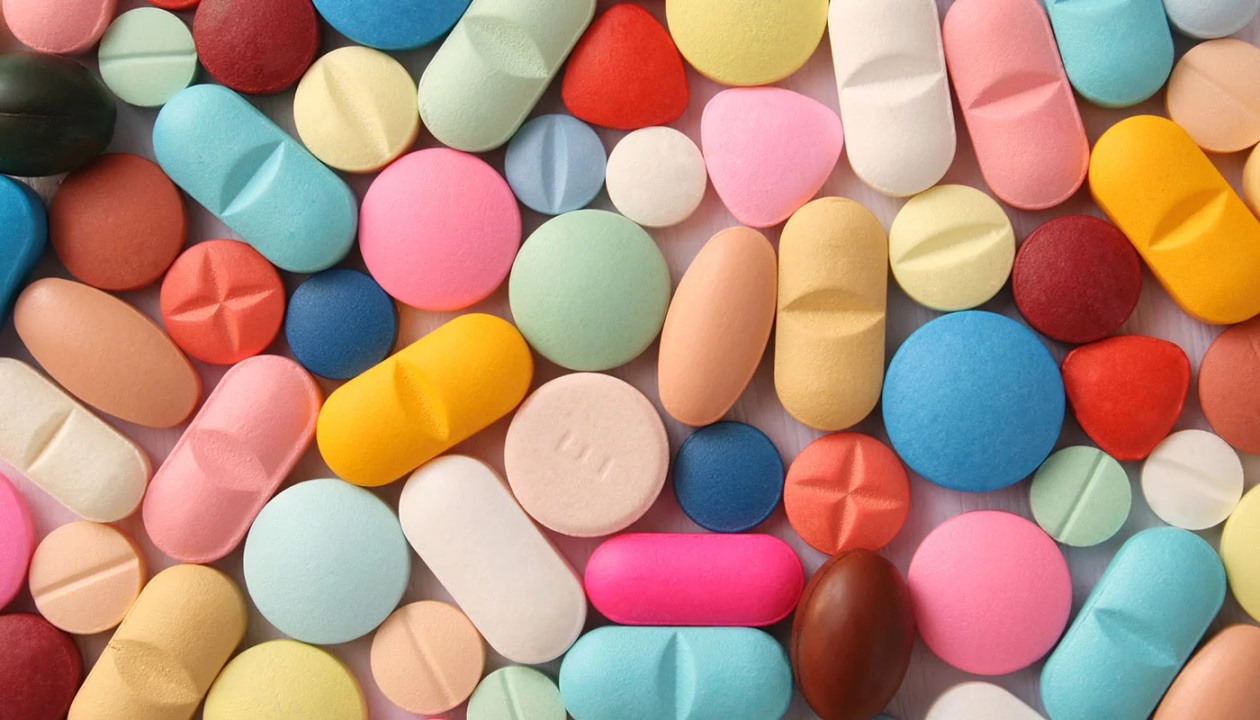Major pharmaceutical companies such as Bristol Myers Squibb, Merck, and Johnson & Johnson are facing a significant challenge, with tens of billions of dollars in sales at risk due to upcoming patent expirations, known as the patent cliff.
The term “patent cliff” refers to the expiration of patents on leading branded drugs, which allows competitors to produce generic versions at lower prices.
This typically results in a decline in revenue for the original drugmakers and lower costs for patients who can access more affordable alternatives.
Some companies are better positioned to mitigate these losses by enhancing their drug pipelines and pursuing strategic acquisitions or partnerships, according to some Wall Street analysts.
Patent cliffs are a common issue for pharmaceutical firms, necessitating the development of new drugs to replace top-sellers and ideally drive growth.
The impact of losing patent exclusivity varies depending on the drug’s revenue contribution and its treatment type.
Some drugs nearing patent expiration will also be affected by the Biden administration’s Medicare drug price negotiations, potentially further impacting revenue.
According to estimates from EY, the top 20 biopharma companies face $180 billion in sales at risk from patent expirations between now and 2028.
William Blair & Company analyst Matt Phipps noted, “The situation varies by company. There are several products in the 2025 to 2030 timeframe that are expected to drive significant growth for major biopharma companies. However, many companies will need to address substantial revenue gaps.”
Here are some notable drugs facing patent expirations:
Merck’s Keytruda: An immunotherapy for melanoma, head and neck, lung, and other cancers.
- Key patent expirations: 2028
- 2022 sales: $20.94 billion
- Percentage of company’s total 2022 sales: Approximately 36%
- Estimated future revenue: $14.9 billion in 2030.
Bristol Myers Squibb’s Eliquis: A blood thinner for stroke prevention.
- Key patent expirations: 2026 to 2028
- 2022 sales: $11.79 billion
- Percentage of company’s total 2022 sales: Around 25%
- Estimated future revenue: $478 million in 2032.

Bristol Myers Squibb’s Opdivo: An immunotherapy for various cancers.
- Key patent expirations: 2028
- 2022 sales: $8.25 billion
- Percentage of total 2022 sales: Nearly 18%
- Estimated future revenue: $3.18 billion in 2032.
Johnson & Johnson’s Stelara: An immunosuppressive medication for conditions like plaque psoriasis and psoriatic arthritis.
- Key patent expirations: 2024 in Europe, 2025 in the U.S. (Stelara’s U.S. patents began expiring last year, but the company has made deals to delay the entry of generics).
- 2022 sales: $10.86 billion
- Percentage of total 2022 sales: Around 12%
- Estimated future revenue: $2.63 billion in 2028.
The impact of patent cliffs can differ based on whether the drug is a small-molecule drug or a biologic.
Many of the major drugs facing patent expiration are biologics, such as Keytruda, Stelara, and Opdivo. While biologics are expected to lose revenue, biosimilars, their generic counterparts, may take time to compete effectively.
Investors will receive updates on Merck and Bristol Myers Squibb’s future plans when they report earnings later this week.
Phipps mentioned that biosimilars have historically struggled to capture market share from their branded counterparts, unlike generics, which are exact copies of small-molecule drugs.
Biosimilars are not interchangeable with the original biologics, making physicians cautious about switching patients.
Additionally, biosimilars are costlier to develop and produce compared to generics, which affects their pricing strategy.
For instance, AbbVie’s Humira, used for treating inflammatory diseases, faced competition from several biosimilars last year but has only lost 2% of its market share.
The company has offered rebates to pharmacy benefit managers to maintain competitiveness, though Humira’s revenue dropped by 35% from 2022 to 2023.
Pharmaceutical companies are also look through strategies to extend patent protections or delay competition.
Merck is developing a new version of Keytruda that can be injected under the skin, potentially extending market exclusivity. Similarly, Bristol Myers Squibb is testing a new form of Opdivo, which could also prolong exclusivity.
Johnson & Johnson has pursued legal action against companies planning to market biosimilars of Stelara, reaching settlements that allow competitors to enter the market no later than 2025.
Arda Ural from EY noted that the pharmaceutical industry, with around $1.4 trillion available for deals, is well-positioned to make acquisitions, particularly of drugs nearing market readiness.
Lastly, Medicare drug price negotiations under the Inflation Reduction Act represent another challenge. Medicare will start negotiating prices for ten prescription medications this year, including Stelara and Eliquis.
The impact of these negotiations on revenues is still uncertain, but lower prices could affect drugs facing generic competition after 2026. Some experts believe that competition from generics and biosimilars, rather than negotiated prices, poses a greater threat to revenue.






Leave a Reply